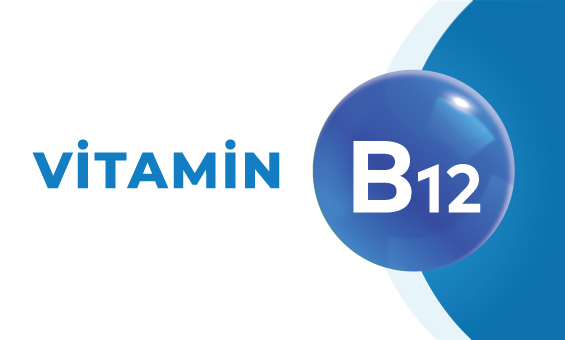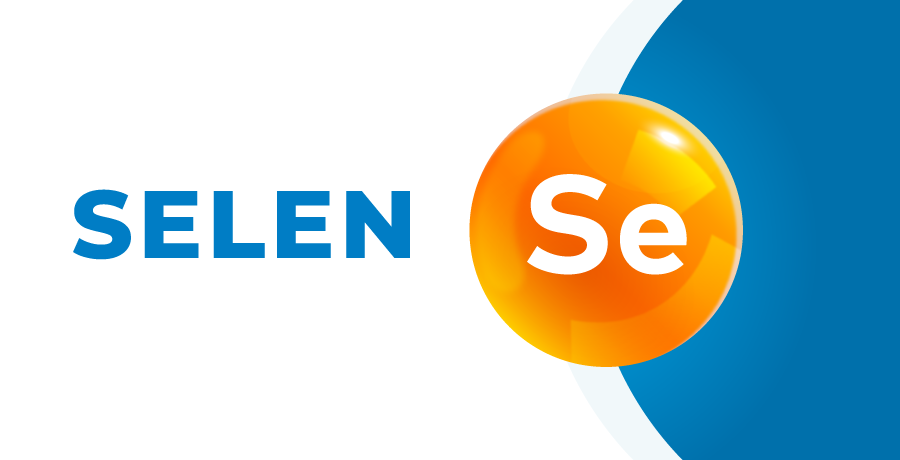What is Vitamin B12?
Vitamin B12 is an essential vitamin that cannot be produced by the human body and must be obtained from external sources. As a water-soluble vitamin, the body uses what it needs and excretes the excess through urine. B12 supports a wide range of functions — from maintaining the nervous system and improving muscle health to energy production and red blood cell formation.
Although vitamin B12 can be stored in the body for a long time, regular intake through food or supplements is necessary. Deficiency can lead to serious health issues, such as:
Fatigue and weakness
Dizziness
Depression
Those who follow a vegan or vegetarian diet are more likely to suffer from B12 deficiency since it is primarily found in animal-based products.
If left untreated, long-term deficiency may lead to:
Neurological disorders
Memory loss
Even severe cognitive issues
For this reason, experts recommend a balanced diet and the use of supplements when needed.
Benefits of Vitamin B12
The health benefits of B12 are numerous. It plays a crucial role in protecting the nervous system and enhancing brain function. It supports memory and mental clarity, and is especially important in reducing the risk of Alzheimer’s and other neurological diseases as we age. B12 also promotes the production of red blood cells, helping prevent anemia. Additionally, it boosts metabolism and energy levels, making it particularly important for those with an active lifestyle.
Which Foods Contain Vitamin B12?
People focused on healthy eating often ask: Where can I find B12?
Vitamin B12 is mainly found in animal products such as beef, lamb, poultry, fish, and seafood. Organ meats like liver and kidneys are especially rich in B12. Dairy products, cheese, and eggs also contain notable amounts.
Plant-based foods generally do not contain B12, which is why fortified breakfast cereals are important for vegetarians. Here are some key B12-rich foods:
Red Meat
A rich source of nutrients, including B12. A 190g portion of red meat can cover about 4.6% of your daily B12 needs. It also contains vitamins B2, B3, B6, as well as zinc and selenium. For higher B12 retention, opt for grilling or baking instead of frying.Organ Meats (Liver and Kidneys)
Among the most nutrient-dense foods. Lamb liver and kidneys are especially high in B12. For example, 100g of lamb liver can provide about 3.57% of the daily requirement. Beef and veal liver also supply significant amounts.Fish and Seafood
Especially small saltwater fish, are excellent sources of B12.Dairy Products
Yogurt and cheese are rich in B12. A 240 ml glass of whole milk provides about 46% of the daily requirement, while 22g of cheese offers around 28%. Studies show that those who consume dairy regularly often have better B12 levels than those who eat fish only occasionally.Eggs
Rich in vitamins B2 and B12. Two large eggs (about 100g) cover approximately 46% of the daily B12 need. Egg yolks contain more B12 than the whites and are absorbed more efficiently, so it’s best to consume the whole egg.
Why Is Vitamin B12 Important?
Vitamin B12 is vital for staying healthy and keeping the body functioning properly. Since it cannot be produced internally, it must be obtained through diet or supplements. Prolonged deficiency can lead to serious health issues. It’s recommended to get regular blood tests and take appropriate supplements if necessary. During pregnancy, adequate B12 levels are critical for the healthy development of the baby’s nervous system. To meet your body’s B12 needs, maintain a balanced diet, monitor your levels, and use supplements as advised by a healthcare professional.

